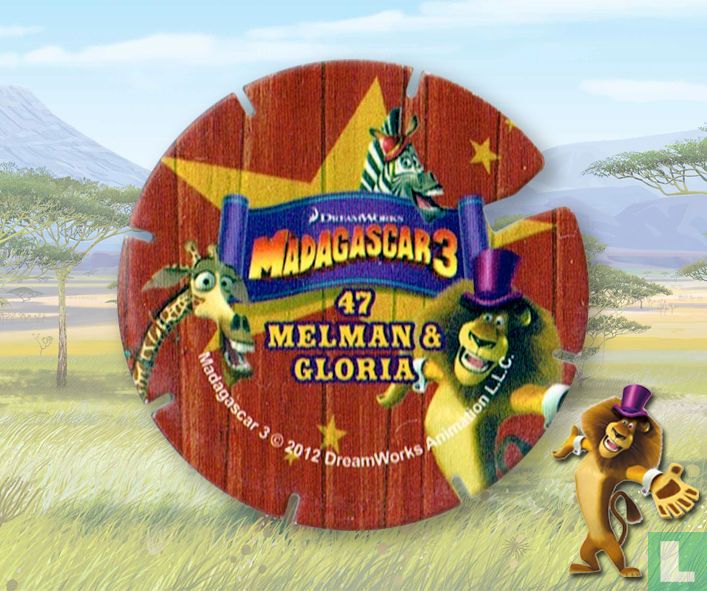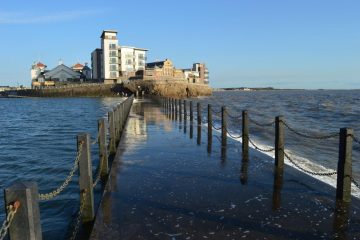Exploring the Ecological Wonders of Madagascar

Introduction
Madagascar, the fourth largest island in the world, is renowned for its extraordinary biodiversity and unique ecosystems. It is home to numerous species that cannot be found anywhere else on Earth, making it a critical area for conservation efforts. The island’s distinct flora and fauna not only draw attention from biologists and conservationists but also attract millions of tourists each year, eager to experience its natural wonders.
The Biodiversity of Madagascar
Approximately 90% of the wildlife found in Madagascar is endemic, meaning it exists nowhere else. This includes iconic species such as the lemur, which has become a symbol of the island, as well as various chameleon species, aircraft plants, and unique baobab trees. The diverse ecosystems range from rainforests to dry deserts, each harboring a wealth of animal and plant life adapted to their specific environments.
Current Threats to Wildlife
Despite its ecological significance, Madagascar’s biodiversity is under severe threat due to deforestation, agricultural expansion, and climate change. According to recent reports from the World Wildlife Fund (WWF), nearly 80% of Madagascar’s original forests have been destroyed, mainly due to slash-and-burn agricultural practices. This not only puts immense pressure on local wildlife but also threatens the livelihoods of communities dependent on these ecosystems.
Conservation Efforts
Numerous local and international organisations are actively engaged in conservation efforts in Madagascar. The Malagasy government has also made strides in protecting its unique heritage by establishing protected areas and national parks, such as Andasibe-Mantadia National Park, which serves as a sanctuary for lemurs and various endemic species. Additionally, ecotourism initiatives are being promoted to provide sustainable economic benefits to local communities while also preserving their natural environment.
Conclusion
Madagascar stands as a testament to nature’s creativity and evolution, but its future hangs in the balance due to human activity. As global awareness of climate change and biodiversity loss increases, it is crucial for the international community to support and engage in conservation efforts. Helping to protect Madagascar’s unique ecosystems not only benefits the island but enriches our global heritage and scientific understanding. Ensuring the survival of its incredible wildlife is essential for the health of our planet and serves as a reminder of the importance of respecting and preserving our natural world.








